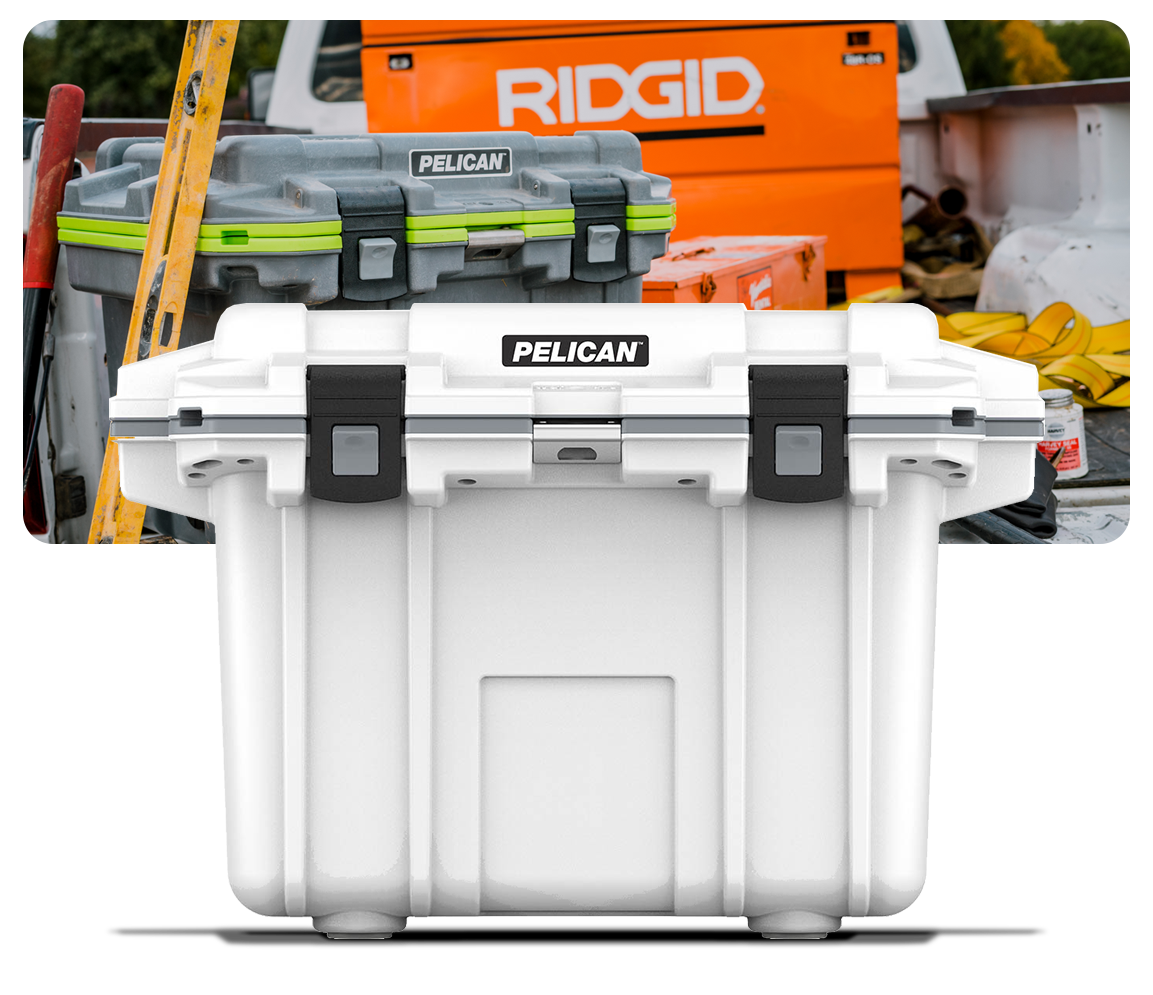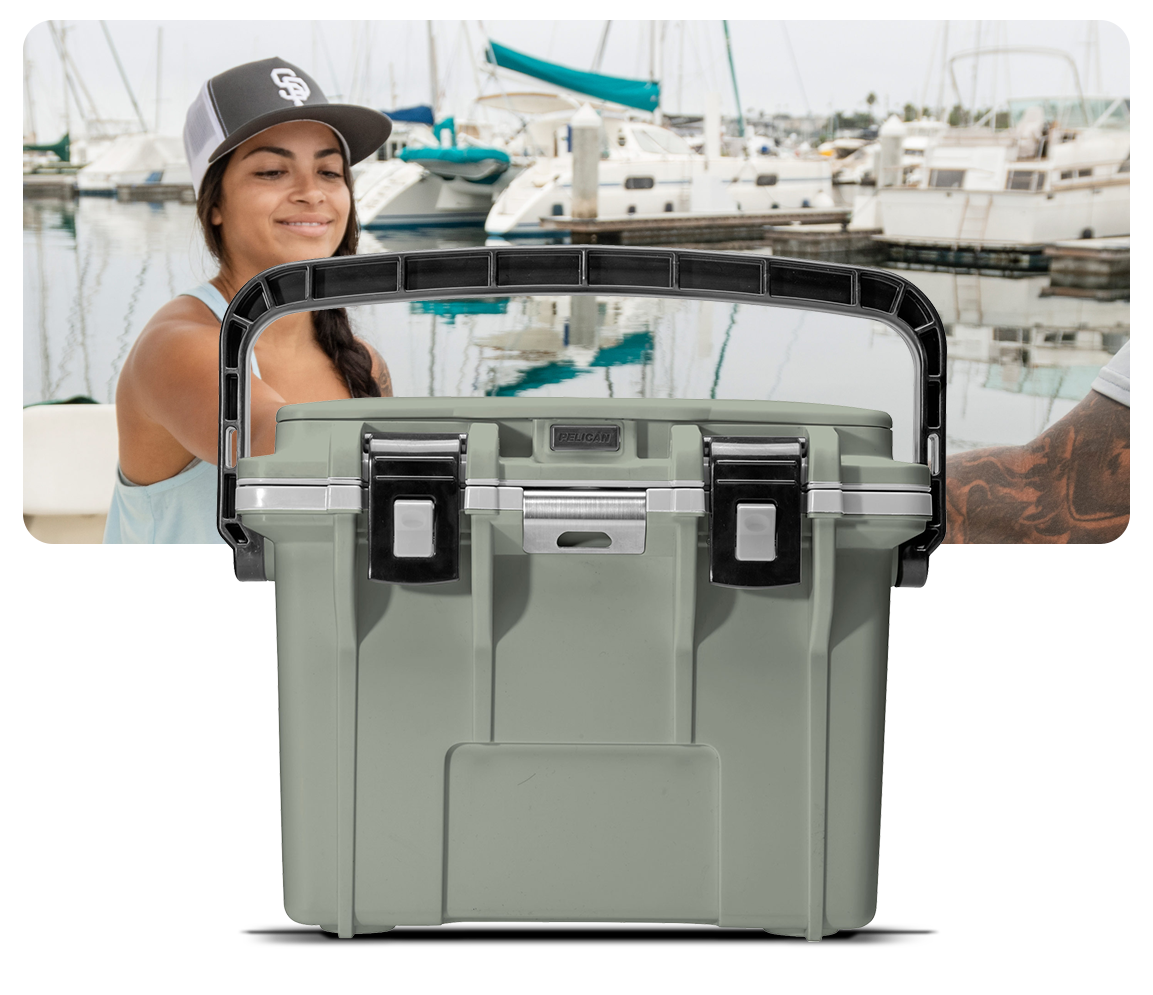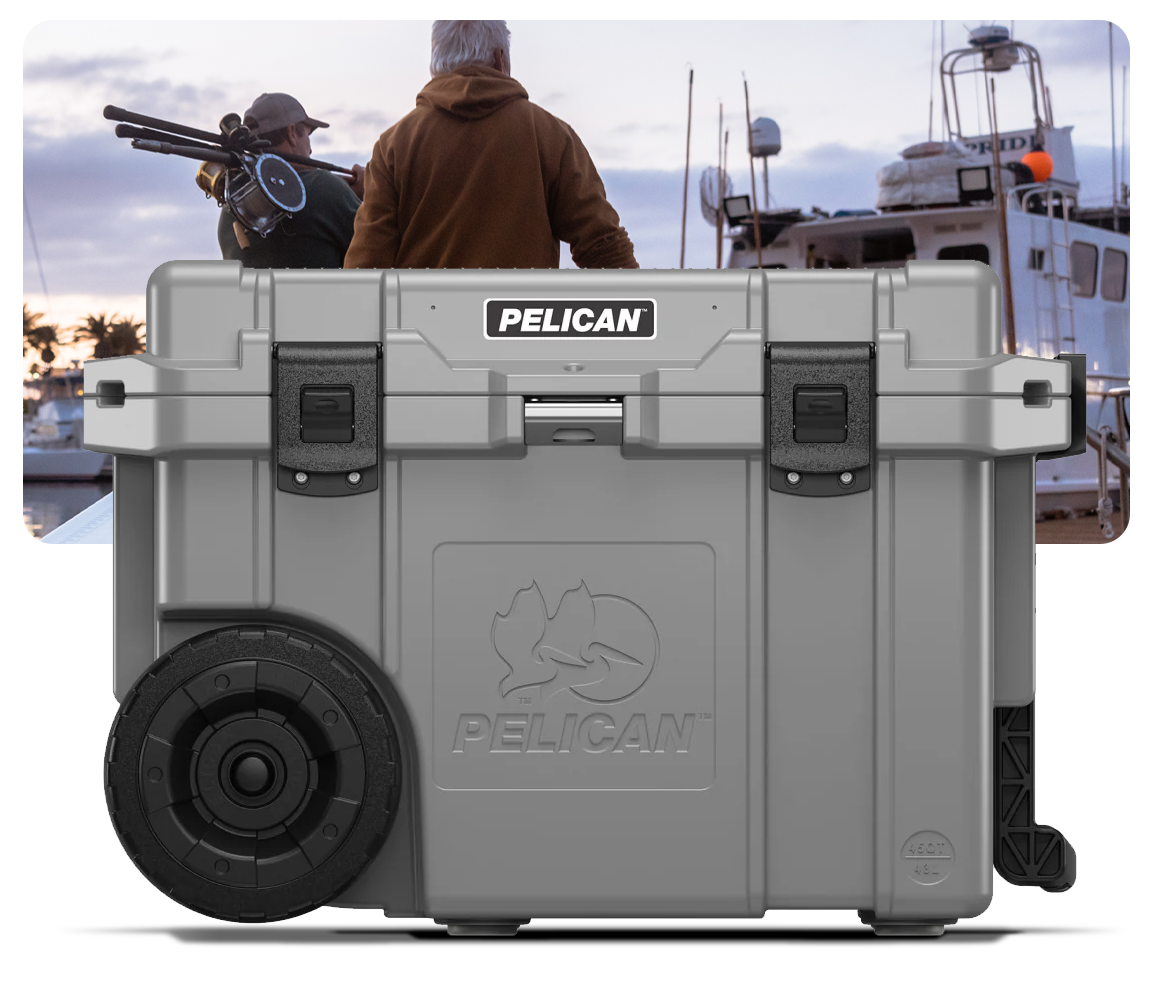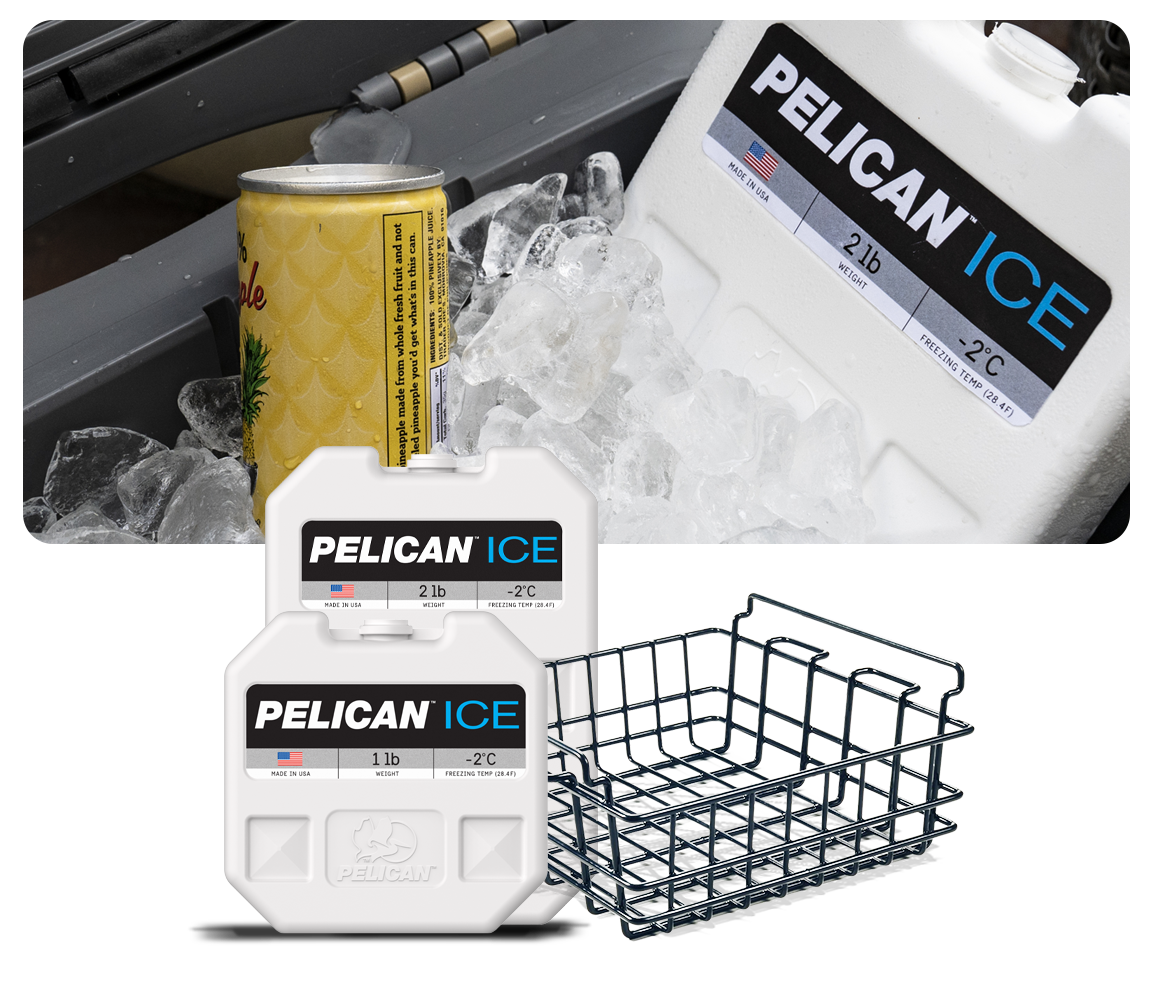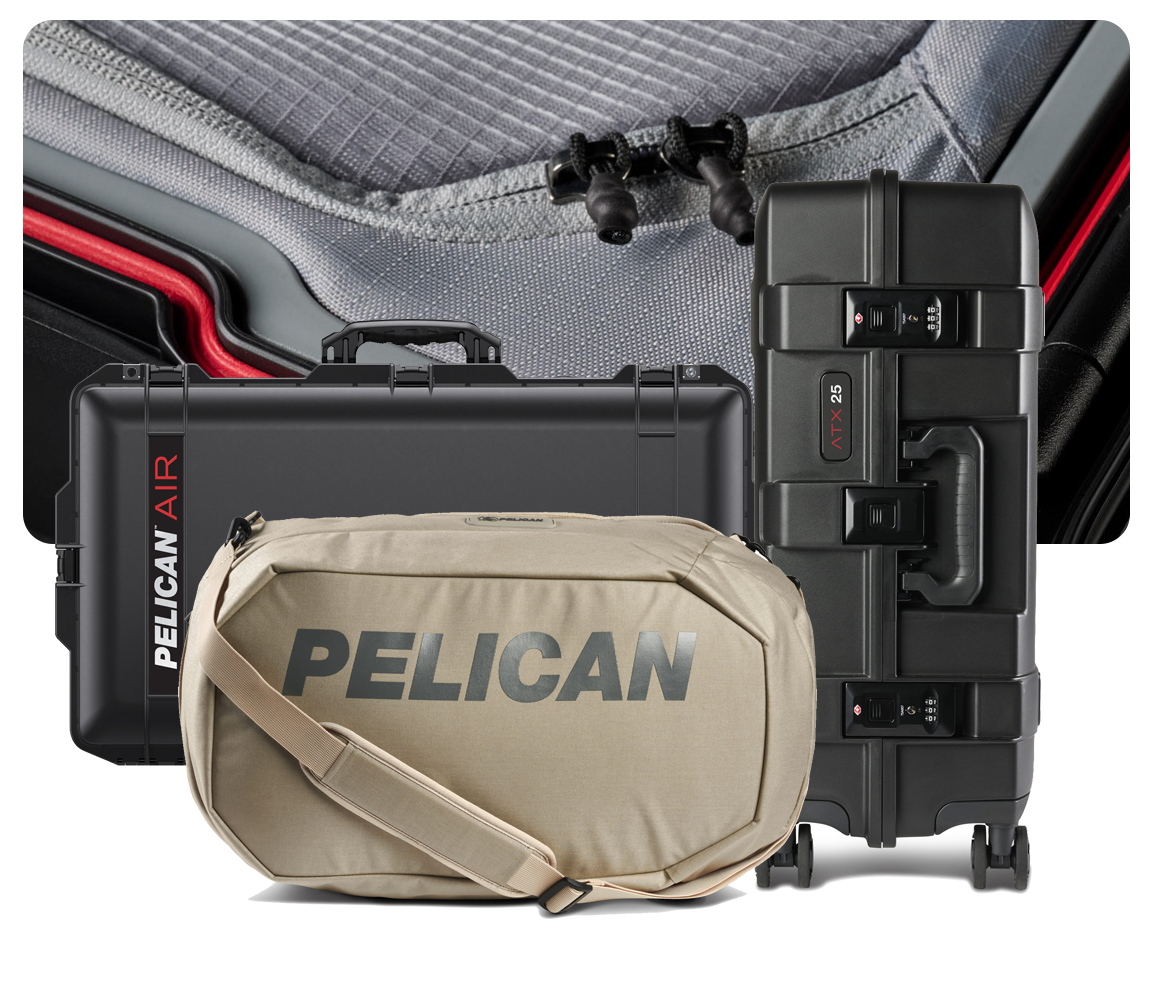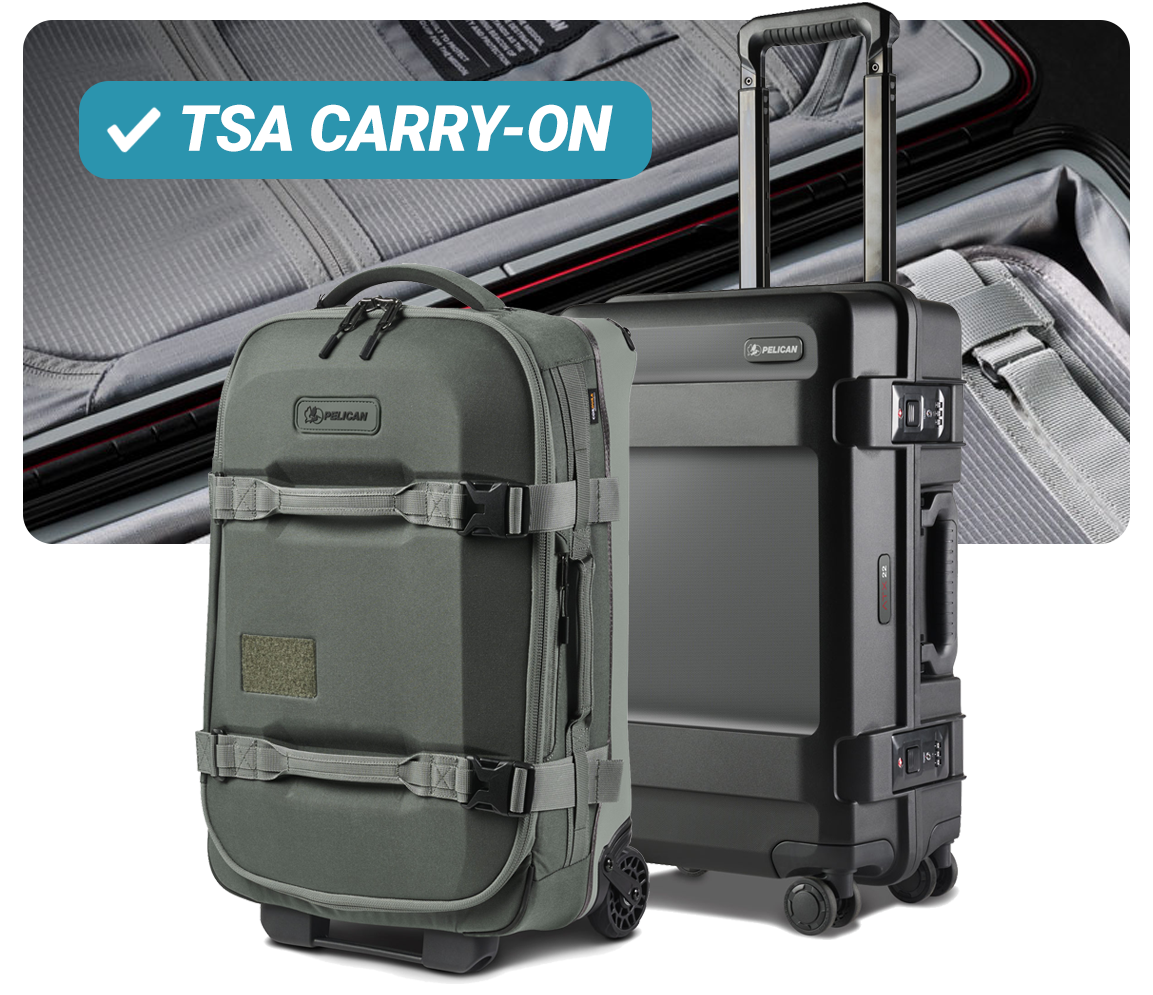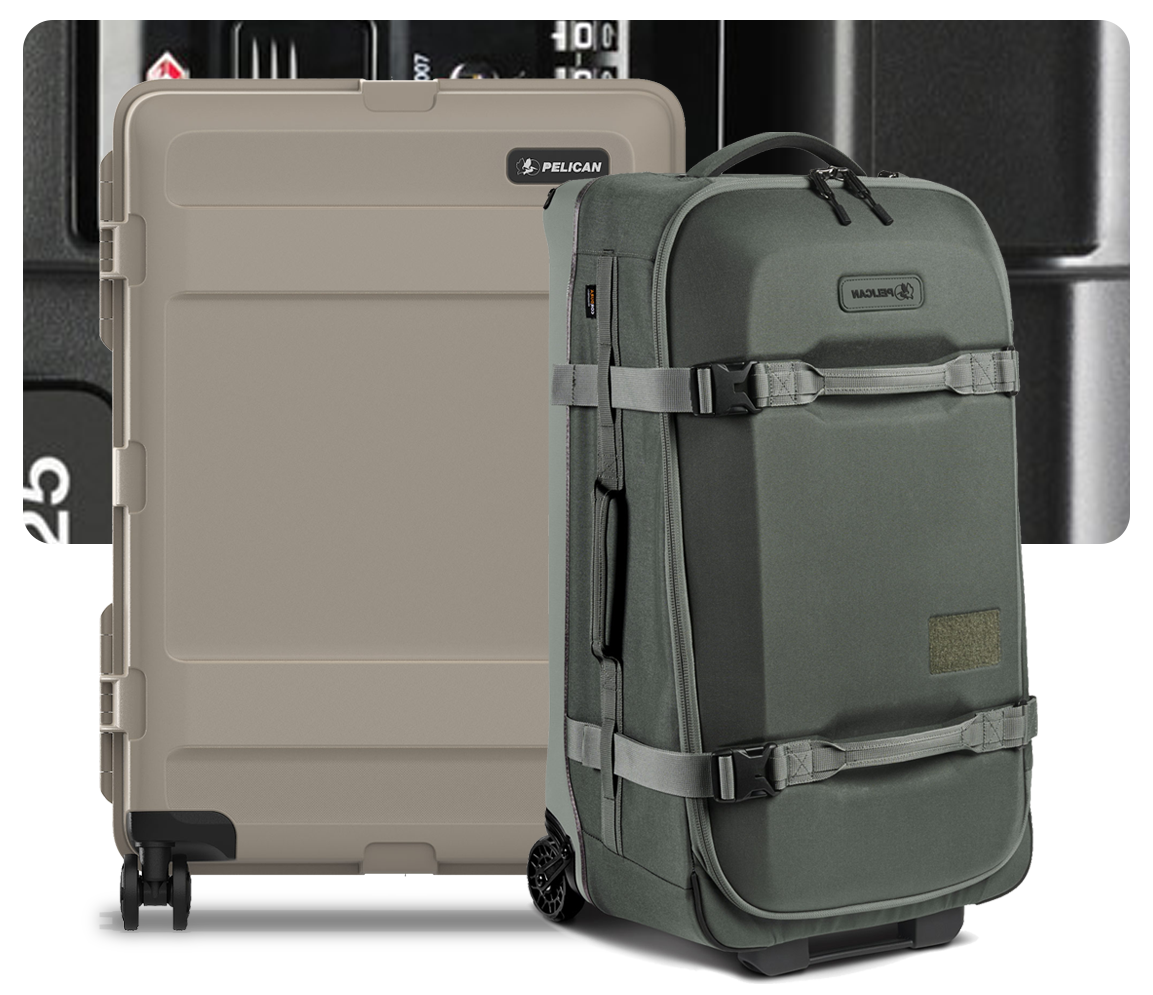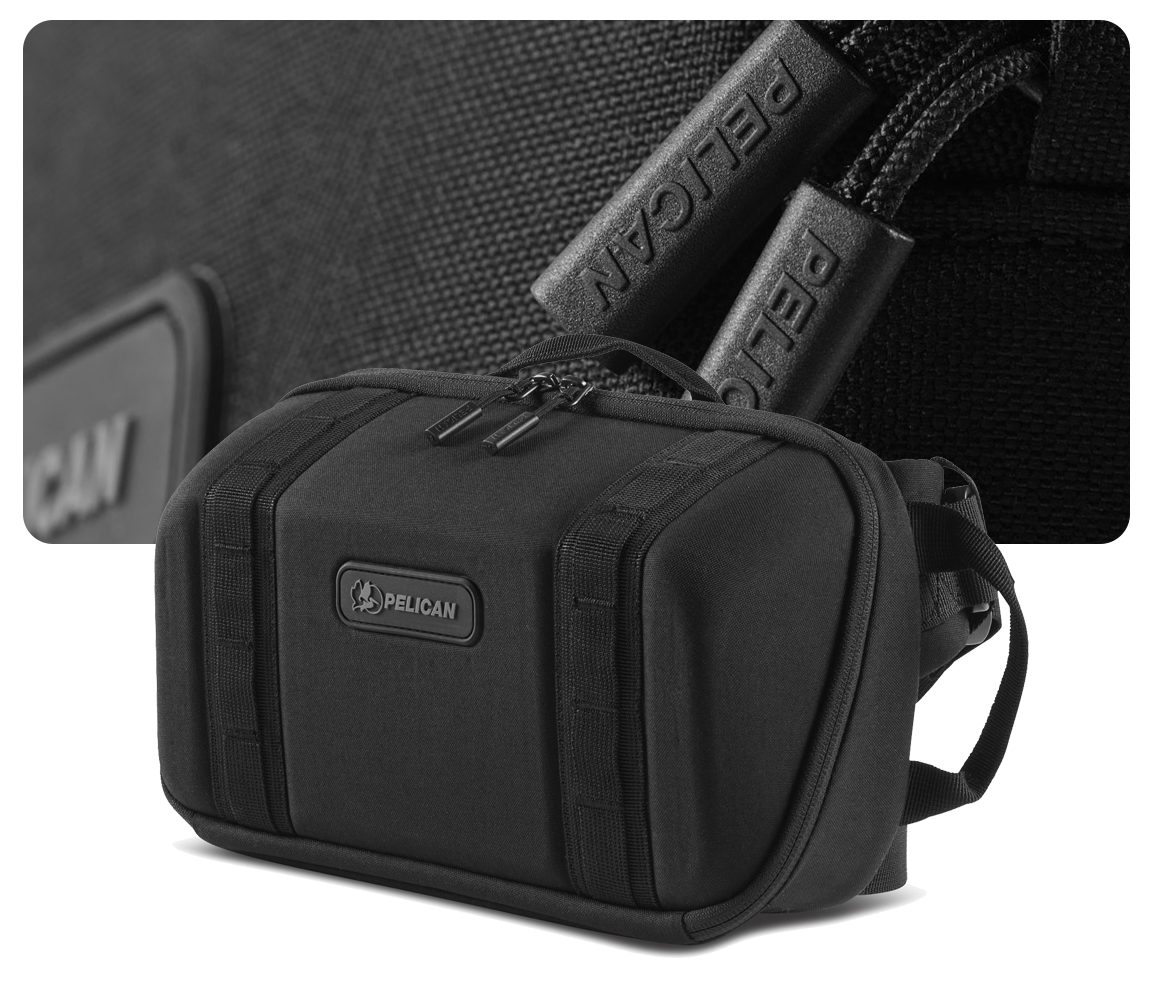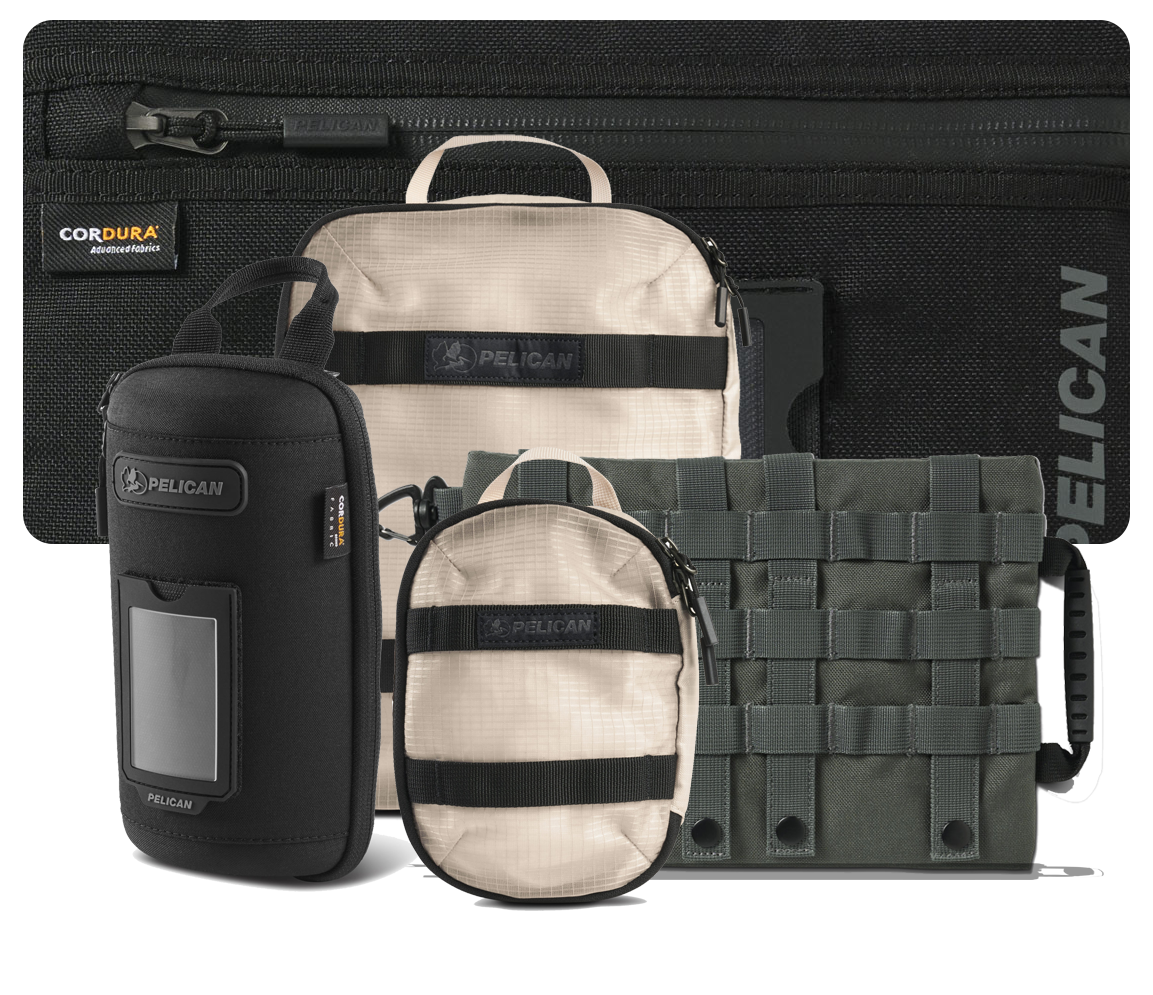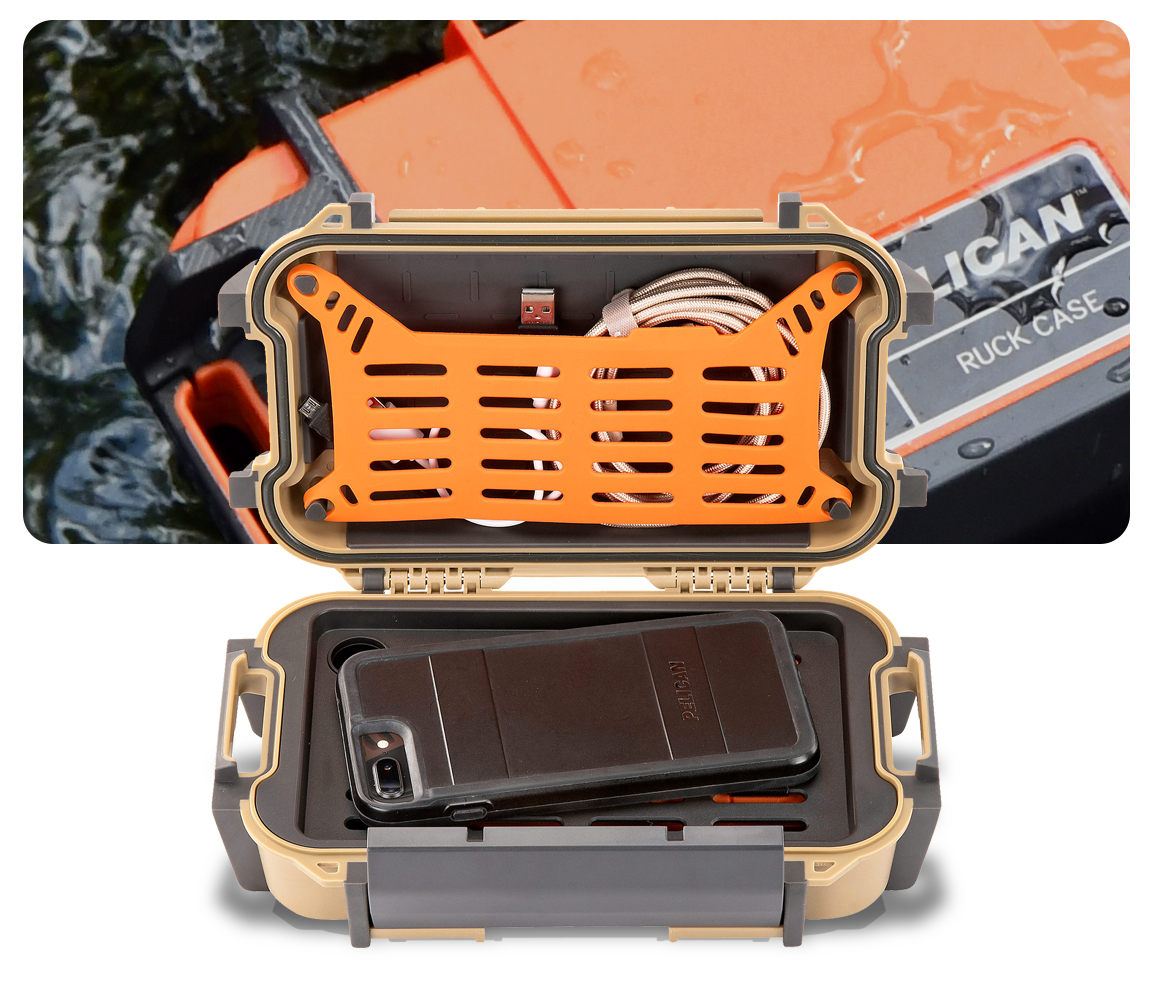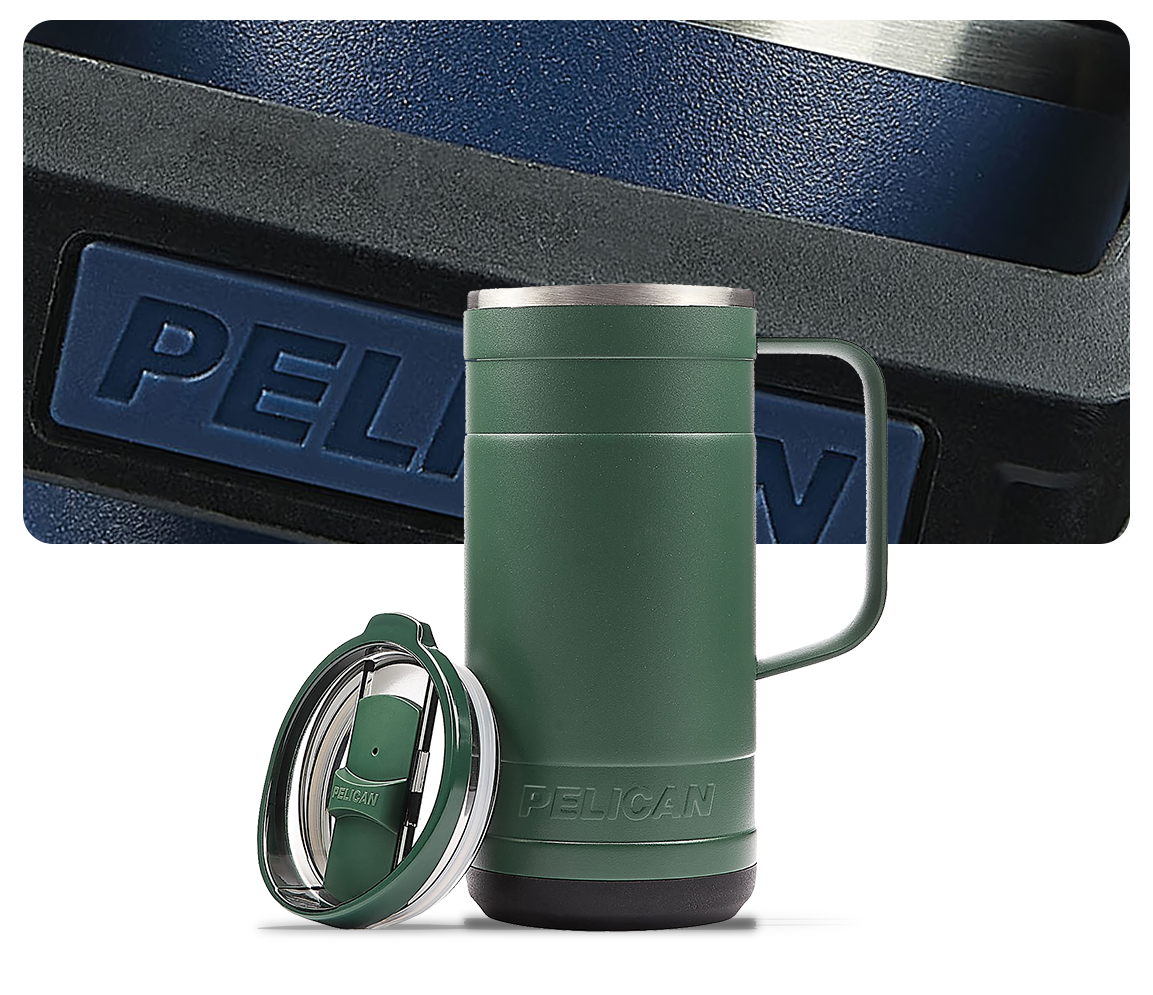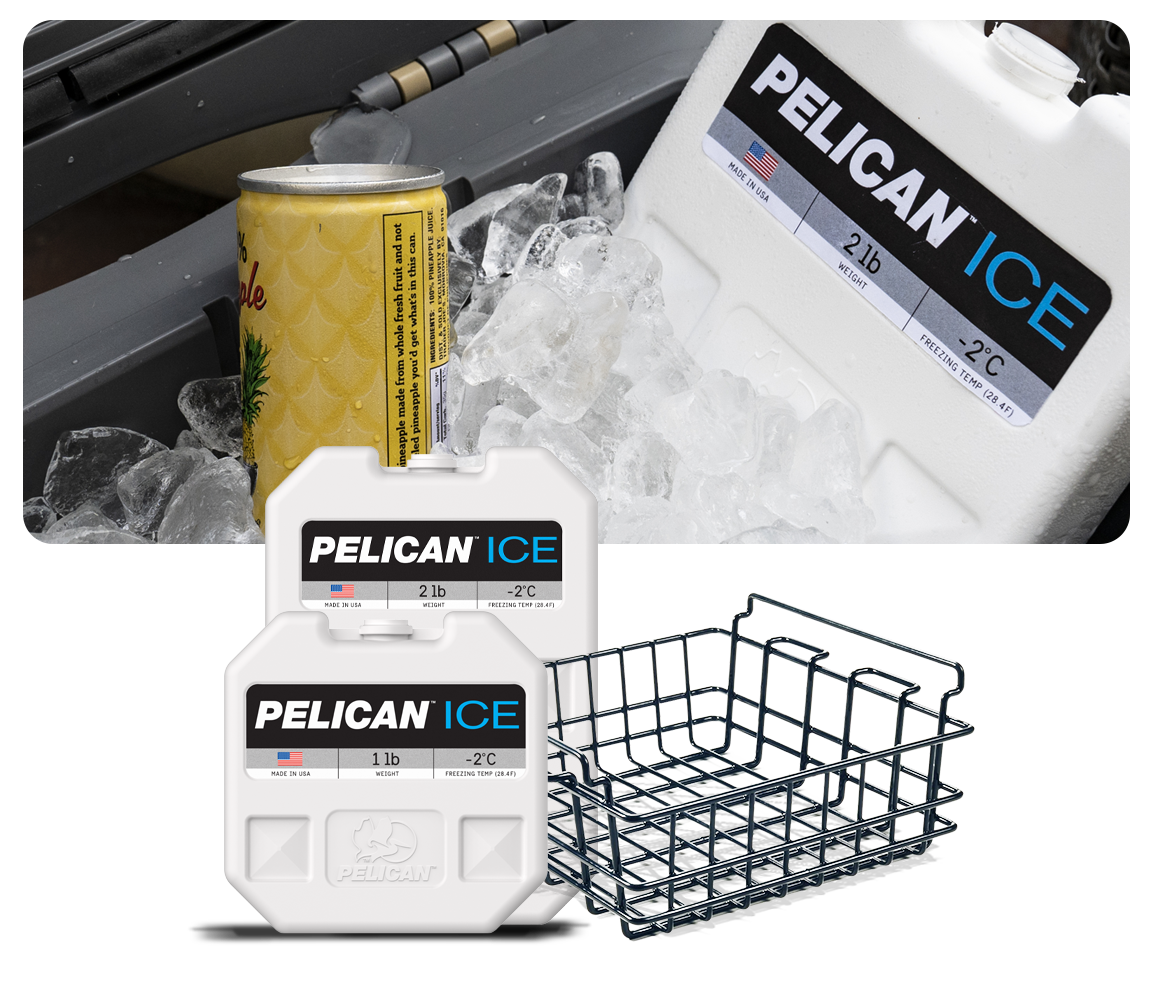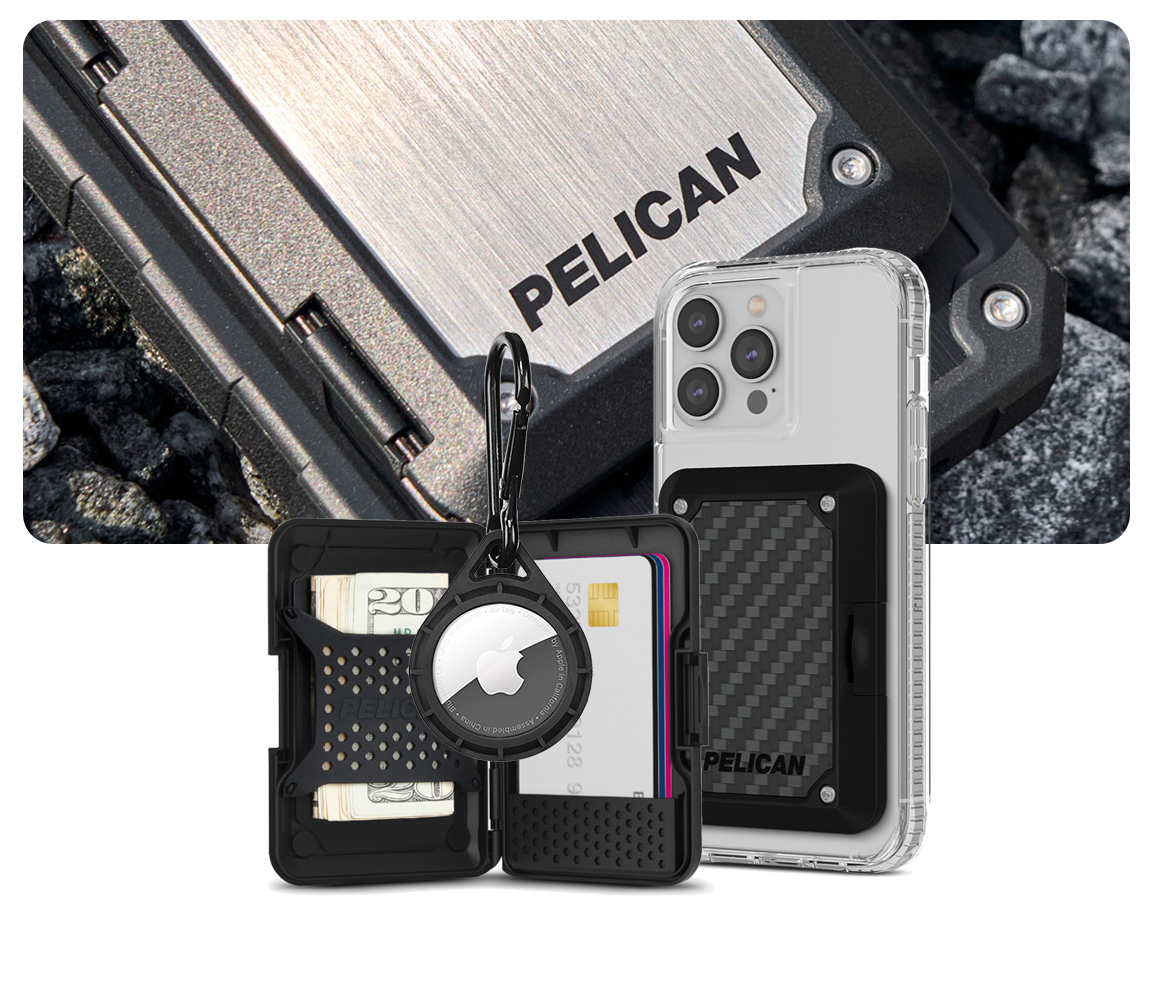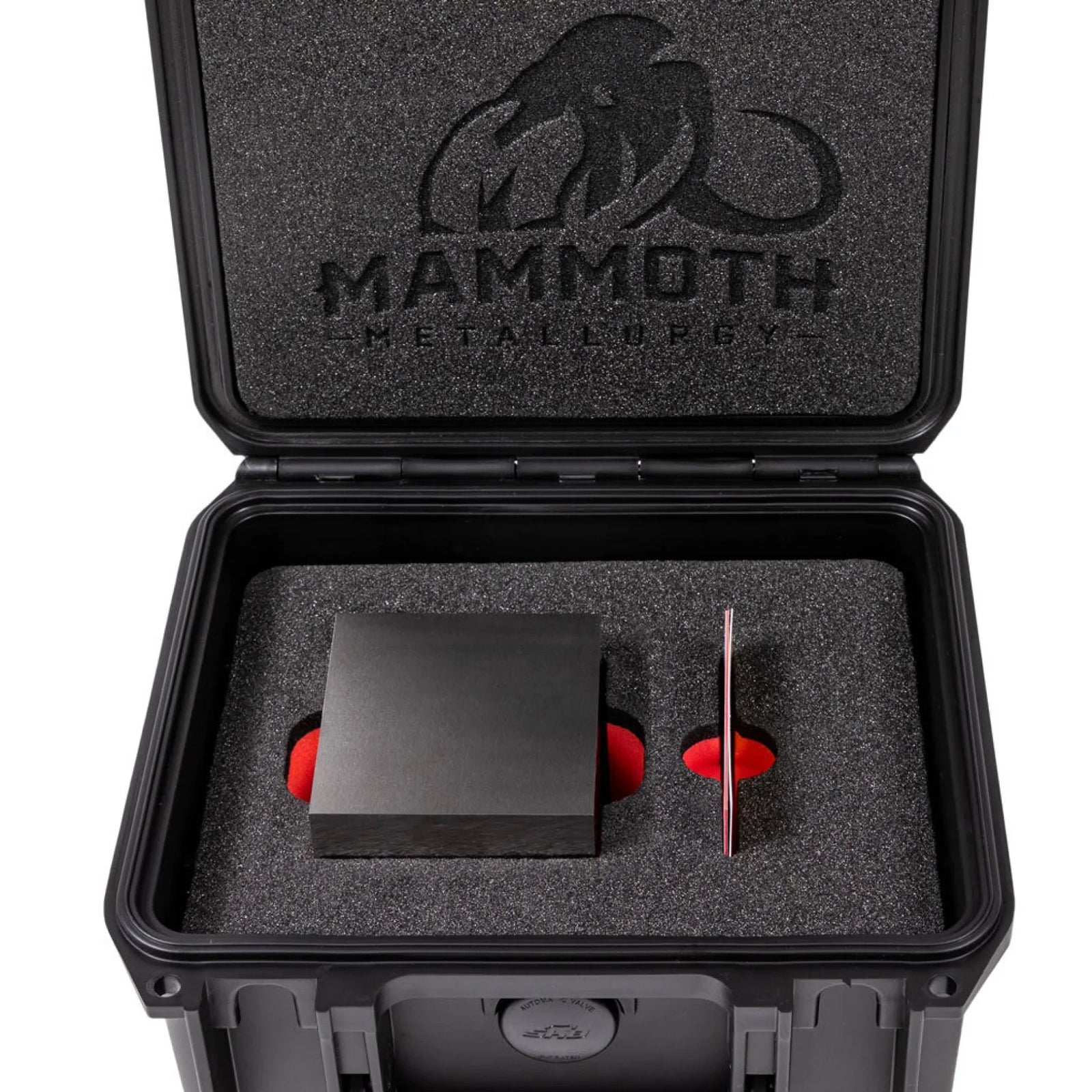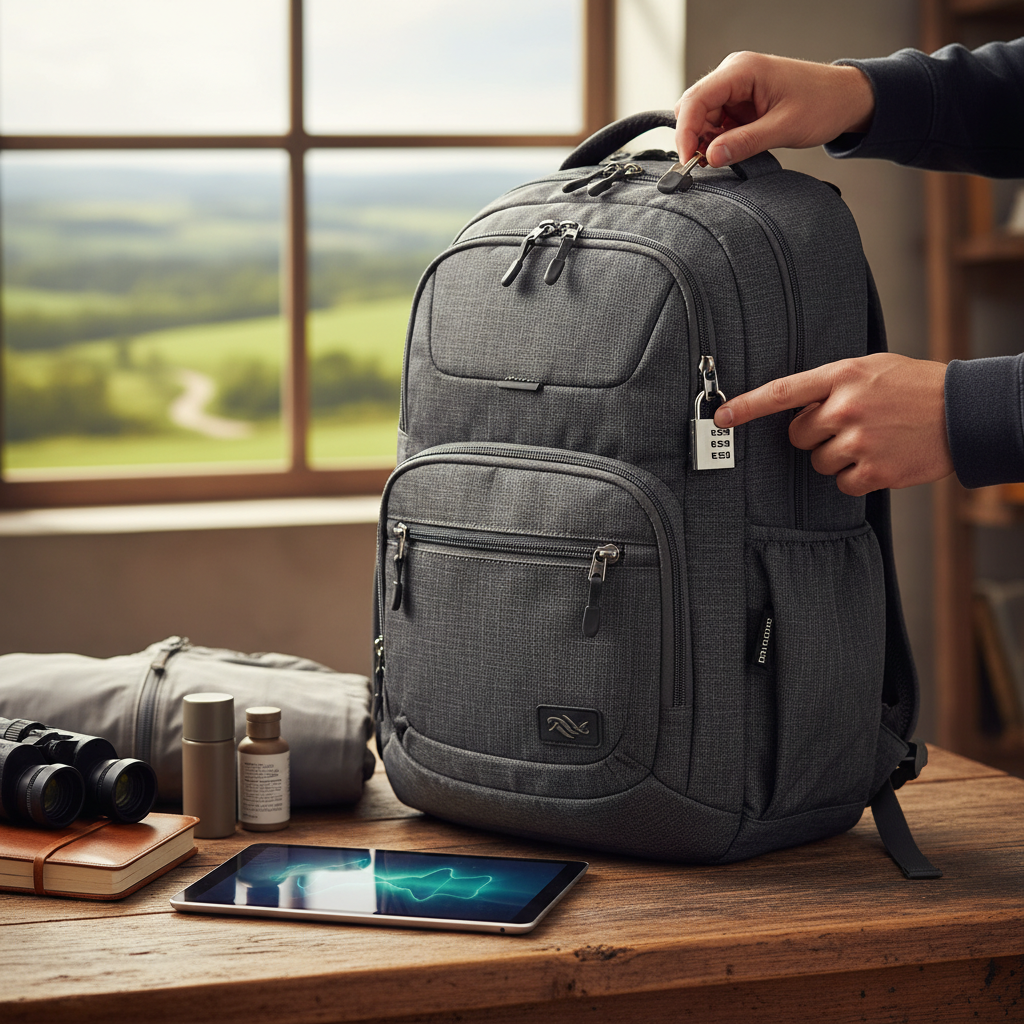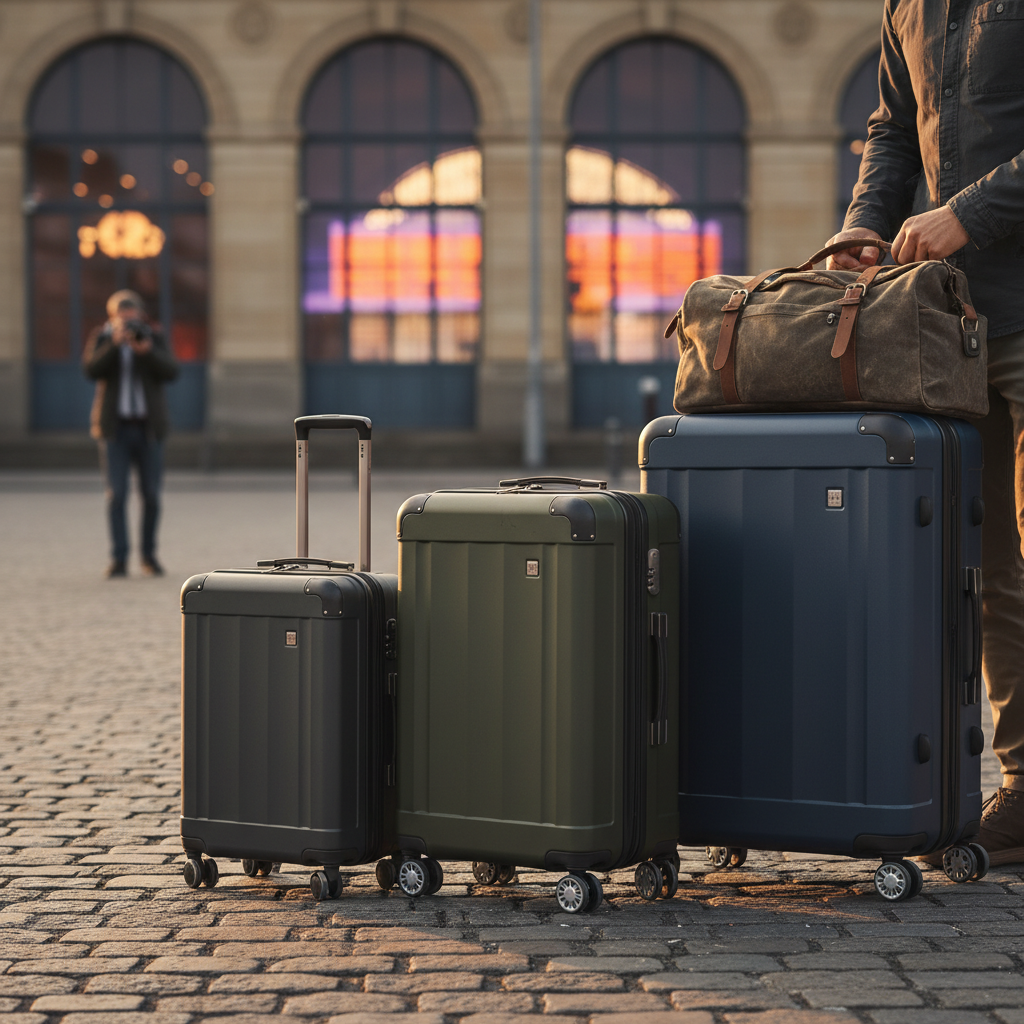
Selecting between hard and soft luggage may seem like a minor consideration when preparing for a trip, but it can make a difference in your comfort, efficiency, and even peace of mind while traveling. Your luggage choice impacts the ease with which you maneuver through airports, how well your belongings are protected, and even how much you are able to bring back.
Each type, hard and soft, has its unique advantages and potential drawbacks. The right choice depends on your travel style, destination, packing habits, and what matters most to you, durability, flexibility, organization, or security.
Understanding Hard and Soft Luggage
Hard luggage, also known as hard-shell luggage, is created from rigid materials such as polycarbonate, ABS plastic, or aluminum. The contents within hard luggage are protected from damage because they have a structured form that does not bend. These cases are often sleek, modern in design, and built for resilience against rough handling.
Soft luggage refers to bags made out of flexible materials such as nylon, canvas, or polyester. Soft bags are easier to pack and can be expanded to carry more items. They are offered with pockets on the exterior that enable easier compression into tight spaces for storage. Different types of bags are designed for specific travel requirements, and they provide varying degrees of convenience for travelers.
Hard vs Soft Luggage
Durability and Protection for Your Belongings
A major benefit of hard luggage is the protection it offers for fragile belongings. Its solid shell provides impact protection, which is ideal for carrying electronics, souvenirs, or any other breakable items. Many models offer reinforced corners that strengthen the case, along with built-in locking systems, which add extra protection for your belongings during travel.
On the other hand, soft luggage is more prone to tears and wear over time, especially with frequent rugged travel. While high-denier fabrics are strong, they provide little protection when stacked with luggage because they cannot absorb shocks or withstand pressure like a hard case can.
Hard luggage remains unmatched when it comes to traveling through different airports or checking in fragile items.
Flexibility and Packing Capacity
Soft luggage is more flexible than hard luggage; its fabric sides adapt to overpacking or squeezing the bag into overhead compartments, car trunks, or tight spaces. Many soft suitcases have zippered expansion panels that increase the space when needed.
Hard luggage lacks that pliability. Its dimensions are fixed which limits last-minute additions. Although some newer models have expandable zippers, the extra space is often minimal compared to the needs. If your trips often lead to the purchase of souvenirs or impulsive additions, then soft luggage best suits your needs as it provides ample space for a growing collection.
Weight and Maneuverability
Compared to hard-shell suitcases, soft luggage is lighter in weight. The ease to carry, lift, and maneuver the bag is crucial when traveling, owing to weight limits by airlines or when using public transport. With the newer materials like Polycarbonate, hard luggage has become lighter, but still lags behind soft luggage, which is often less bulky.
The heavier builds do come with some perks, such as many premium versions incorporating four-wheel spinner systems and ergonomic handles that ease movement. When minimizing weight is a top priority, soft luggage comes out ahead.

Organization and Accessibility
Soft-sided luggageoften comes with organizational features not available in hard cases. Having numerous internal and external pockets allows one to get to travel documents, toiletries, and other essentials without having to open the whole suitcase.
Such features are helpful, especially for business travelers or for families who require quick access to certain items. The majority of hard cases open in a clamshell fashion, splitting the case into two equal halves. While this may help with organization, it may require more space to fully open the case and might offer less on-the-go accessibility.
Some designs have internal dividers and compartments, section dividers. External options are fewer than internal ones. For those who value organization and ease of access, soft luggage provides a practical advantage.
Performance in Various Weather Conditions
Soft cases would find it difficult to compete with hard cases in terms of weather resistance. The non-porous shell of hard cases repels rain and snow, keeping the items inside dry. This is useful when traveling during the rainy season or to snowy destinations.
Soft cases tend to offer treated fabrics and water-resistant coatings, but remain vulnerable to absorption. Prolonged exposure to water damages the fabric, and the contents inside may become soaked. In regions with unpredictable weather and during winter travels, hard-shell bags give the best protection against the harshest elements.
Security and Theft Resistance
Compared to other options, hard luggage provides far greater safety from theft, as these bags are much harder to puncture or slice open. Integrated locks also provide some deterrence to tampering. This makes it a more secure option for international travel as the bags are less likely to get damaged or lost.
Soft luggage can be secured with padlocks, however, zippers and the soft, fibrous sides are far more prone to slashing or unlawful access. If travelers highly value the packing items and overall security is important, hard luggage offers more robust protection.
Budget and Affordability
Traveling on a budget? Soft luggage is an excellent choice because it tends to be priced much lower than hard-shell alternatives. Additionally, many soft bags are designed well and are reliable, coming in at more affordable prices without compromising on essential features. While hard luggage is pricier than soft luggage, there have been advancements in the industry as of late. The introduction of lightweight plastic models has made hard luggage more popular.
On the other hand, options made out of aluminum or advanced polymers are still very expensive. Travelers who wish to have a low-cost option out of the features-competitive soft luggage category are looking in the right direction.
Wear and Tear Over Time
Scratches, dents, tears, scuffs, and fading are some of the most common forms of wear and tear on soft luggage. Unlike hard luggage, soft luggage does not age as noticeably. Most people would not notice the marks until they inspected them closely.
Both soft and hard cases incur damage through wear over time, such as scratches and fading. Unlike hard cases, soft luggage may age alongside its user.
Aesthetic Appeal and Design
Dry luggage typically has a wider appeal due to its modern and sleek aesthetics. Typically, they are offered in a wide and diverse range of colors and finishes, which can be paired with minimal designs. Additionally, many models offer stackable features for ease during transportation or storage.
These bags come with muted tones and simple ,classy designs that can suit many people. Even though they may lack the glossy appeal of hard-shell cases, they tend to show less damage over time as well. Ultimately, it comes down to your priorities, whether they be practicality over long-term wear and tear or visual impact.
When Hard Luggage Is the Best Choice
Types of travel where hard luggage is best suggested:
- International or long-haul flights
- Traveling with electronics or fragile items
- Wet or unpredictable weather conditions
- Destinations that are likely to expose luggage to rough handling
- Travelers prioritizing security and structural protection
When Soft Luggage Offers the Most Benefits
Soft luggage is ideal for:
- Weekend trips or road travel
- People who pack at the last moment
- Journeys that require constant access to the associated contents
- Traveling on a budget or within strict weight limits for flying
- Overpackers who appreciate expandability
- Choosing Based On Travel Style
For business individuals who frequently travel overseas, hard luggage offers added security, durability, and protection from rough handling damage. It is also advantageous for adventure travelers, tour groups, and individuals traveling to rainy or snowy destinations due to the weather-resistant solid exterior.
Casual travelers or weekend warriors, along with business travelers, tend to prefer soft luggage, which is more practical for short trips. The additional pockets, combined with the light construction and easily packable nature, make it ideal for informal and frequent domestic travel.
A Well-Rounded Travel Collection
Some experienced travelers have both types and switch depending on the nature of the trip. An overseas holiday could use a hard case, whereas a soft duffel or roller bag is ideal for a short escape. With both options, you are able to adjust to different travel scenarios.

Making Your Decision
Your specific needs will still determine the balance between hard and soft luggage, so consider the things unique to you. How do you travel? What do you like to pack? How frequently do you travel? In what conditions will your luggage be? It won’t be which option is better, but rather which one suits you.
Both types of luggage now have a place they can call their own in the travel world. The right one enables ease of use, safeguards your belongings, and, among other things, supports your adventures whether you’re traversing continents or visiting the neighboring town.
FAQ’s
1. Hard vs Soft Luggage - Which is better?
It depends on your travel needs. Hard luggage protects breakables better and is more water resistant. While, soft luggage is lighter, more versatile, and able to hold more stuff. Hard luggage is best suited for checked baggage, while soft luggage is frequently chosen for carry-ons by frequent travelers.
2. Do airlines prefer hard or soft luggage?
Although passengers frequently prefer soft luggage for carry-ons because of its flexibility in small overhead bins, airlines do not formally favor hard versus soft luggage. Hard-shell luggage is recommended because it protects against rough handling and stacking during transit.
3. Is hard luggage more secure than soft luggage?
Yes, hard luggage is more secure than soft luggage because it has built-in locks and a tamper-proof shell that makes it more difficult to cut or break in.
4. Which is better for international travel - hard or soft luggage?
Soft luggage is more manageable and can fit into confined spaces on buses or trains, while hard luggage is frequently better for safeguarding possessions during lengthy flights and layovers when traveling abroad.

